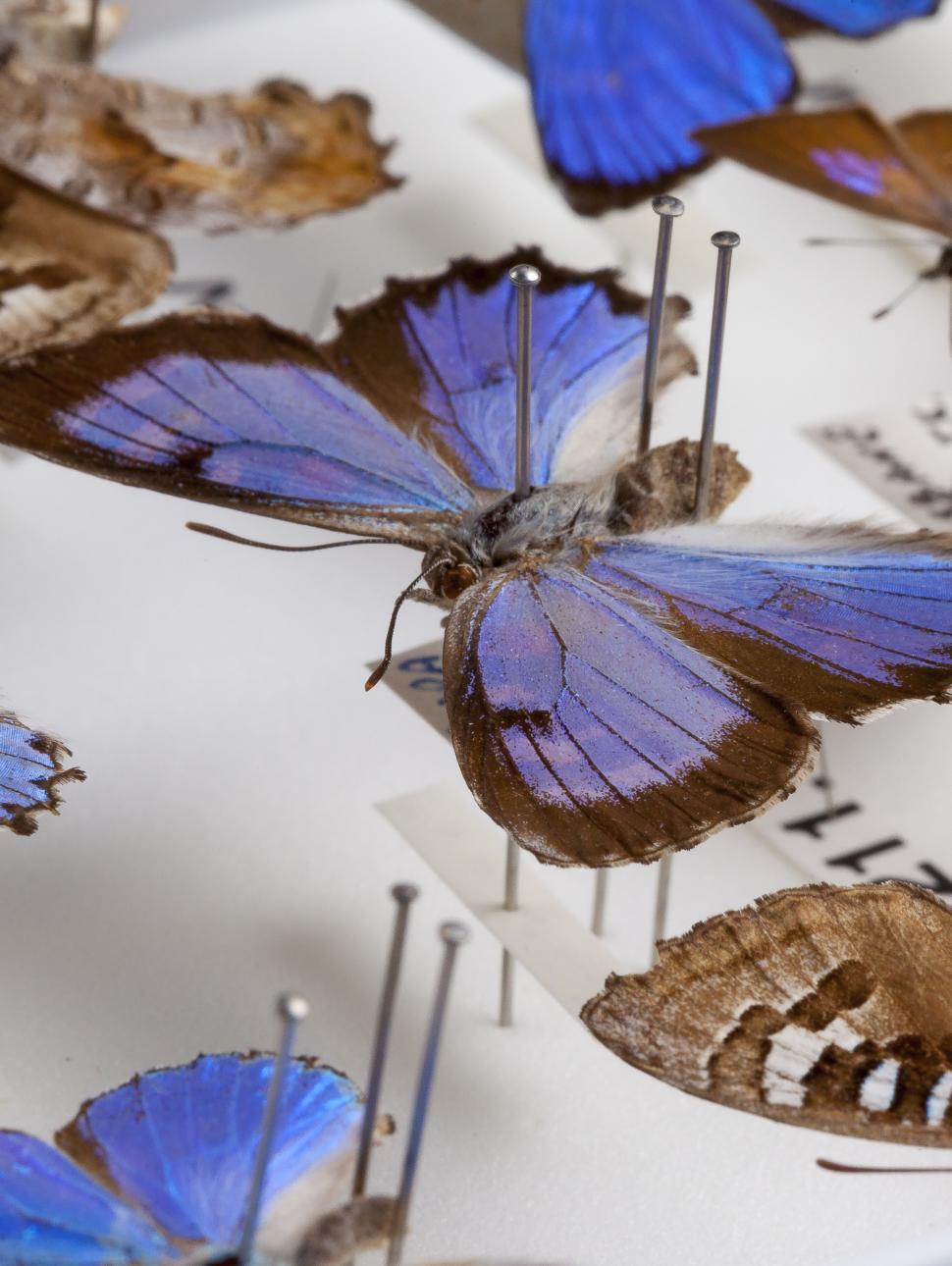
Classified Information: Understanding our world
Dates
Weekdays during school term | 10am and 12.30pm
$280 per group (up to 32 students)
Delve into the work of the Museum’s scientists and the techniques they use to classify living and non- living things.
In this workshop, students will dive into the fascinating world of taxonomy. Through a series of hands-on activities, students will develop their skills in sorting and categorising, gaining a deeper understanding of the importance of classification in the scientific field. By the end, they'll have a solid grasp of how taxonomy helps us make sense of the natural world.
Student experience
Students will:
- Play Living and Non-living Bingo
- Classify and group things based on observable features that are similar or different.
- Utilise a number of tools to assist them to refine their classification skills
- Explore the concept of living and non-living in the Wild Life Gallery
Program feedback
"This has been a fantastic program. Interactive for all students and all students interested and think outside the box. Very well recommended program, second time coming and would come again." (Year 3 teacher)
“The facilitators were amazing with the kids. Great program, nice mix of hands on, visual learning and incorporating museum exhibits. A good mix of classroom and museum time.” (Year 3 teacher)
Skills development
This program links to the following strands of the Western Australian Curriculum:
Science
Year 3
- Biological sciences: Living things can be grouped on the basis of observable features and can be distinguished from non-living things (ACSSU044)
- Nature and development of science: Science involves making predictions and describing patterns and relationships (ACSHE050)
- Use and influence of science: Science knowledge helps people to understand the effect of their actions (ACSHE051)
Year 4
- Biological sciences: Living things depend on each other and the environment to survive (ACSSU073)
- Nature and development of science: Science involves making predictions and describing patterns and relationships (ACSHE061)
- Questioning and Predicting: With guidance, identify questions in familiar contexts that can be investigated scientifically and make predictions based on prior knowledge (ACSIS064)
All facilitated workshops are led by the Museum’s experienced Learning and Engagement team and have been curated using the Museum’s unique resources to provide a deeper learning experience in our specialist subject areas.
Your booking for a facilitated workshop will include all materials and activities for the duration of the program with no prior preparation required.
As part of all facilitated workshop bookings, you are welcome to explore the rest of the Museum free of charge pre or post workshop and do not need to make any additional bookings to do so. WA Museum Boola Bardip is open daily from 9.30am to 5pm, with last entry at 4pm.